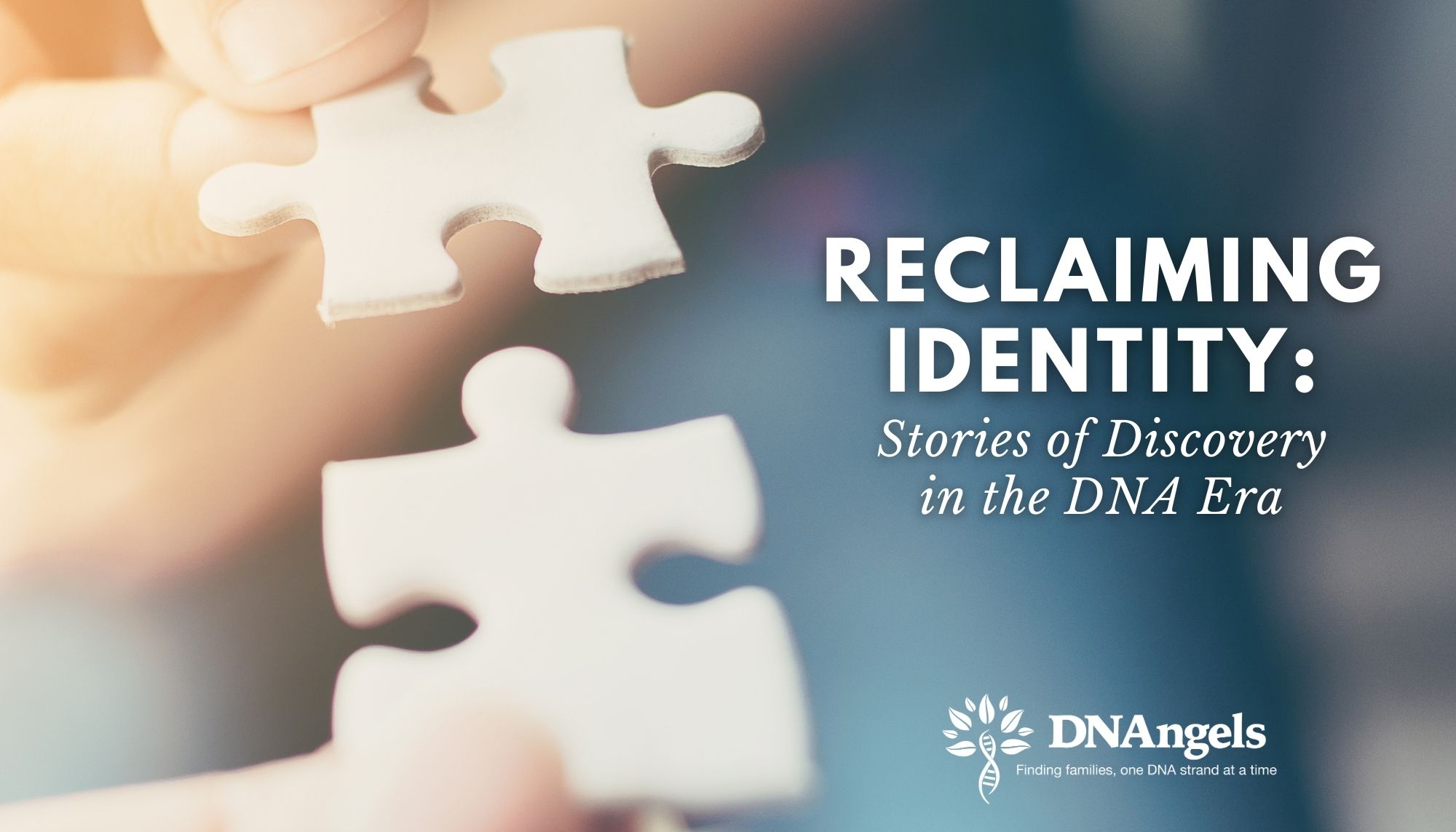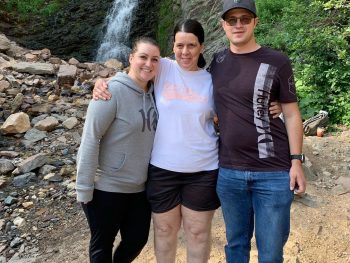
In the past, it was extraordinarily difficult for individuals who were unaware of the identity of one or both of their parents to uncover this information. Adopted individuals would need to access sealed court records. Those from single-parent households required the cooperation of the known parent. For individuals without either resource, discovery seemed impossible. Children conceived from donor gametes were often kept in the dark due to fears of rejection of their non-biological parents. Similarly, women who had children outside their official relationships or with someone other than the man named on the birth certificate often maintained the secret. There was a prevailing belief that such white lies were harmless and would remain undiscovered. However, non-biological parenting has deep historical roots. Moses, for example, was adopted by Pharaoh’s daughter, and Joseph the Carpenter raised Jesus as his own. History brims with tales of adoptions, non-parental upbringings, and perhaps the old- fashioned equivalent of donor-conceived individuals.
For adoptees, the drive to find biological family often stems from a desire for genetic mirroring, recognizing shared physical or personality traits with biological relatives. Before the digital age, the endeavor to locate a biological parent without much information was immensely challenging. Those who succeeded in doing so, armed with little more than a name or birthplace, are commendable.
Today, direct-to-consumer DNA tests have greatly simplified the quest to find biological relations. Companies like Ancestry, 23andMe, and MyHeritage have revolutionized this journey. By merely providing a saliva sample, individuals can now find names of unknown biological relatives within weeks. Many never imagined that long-held family secrets would be revealed. The realization that one’s known parent isn’t their biological parent can be shocking, often precipitating an identity crisis.
Often, these test takers experience the five stages of grief: denial, anger, bargaining, depression, and acceptance. Yet, within the non-parental event (NPE) community, a sixth stage – finding meaning – has been identified. This idea, proposed by David Kessler, suggests that by discovering deeper meaning, individuals can transition from grief to a state of hope and peace.
For those rediscovering or asserting their identities, this sixth stage is crucial. Understanding one’s origin, the circumstances surrounding their conception, and their true genetic heritage sets one on a path toward understanding and embracing their true self. Reclaiming identity involves challenging preconceived notions about oneself, delving deep into self-discovery, and identifying one’s own truths.
Once an individual undergoes an NPE (Non-Parental Event) experience, and their world feels upended, how can they rediscover meaning? Begin by looking within yourself, assessing what truly matters to you, and understanding how this newfound discovery influences your identity and aspirations. At your core, you remain the same individual. The challenge lies in integrating this new piece of information into the tapestry of your existing self. This doesn’t necessarily lead to a profound transformation of character. Many have channeled the trauma of their NPE experience into avenues of aid for others facing similar ordeals. Some pen books, while others incorporate their journey through artistic performances. Professionals in the counseling and mental health domains might leverage their experiences to ensure that others in comparable situations have access to the appropriate mental health resources. Throughout this journey, it’s crucial to nurture your passions and immerse yourself in what truly invigorates your spirit.
Trauma should not be allowed to wholly incapacitate us or erode our spirit. It’s imperative that we proactively seek avenues to confront and process this trauma; whether it’s through therapy, self-care, community engagement, artistic expression, physical activity, or channeling it to drive transformative change. Envision it as a refining flame, purifying and strengthening the steel that constitutes your being. For me, it was the catalyst to helping create a legacy that I hope will be remembered long after I am gone.
DNA tests that reveal long-kept secrets shouldn’t be viewed as disruptive but as tools for genuine self- discovery. Embracing this perspective was a journey for me, having been trapped in my own stagnation for so long. The discovery of my NPE status galvanized me into action to help others who were struggling with their own discoveries. I emerged from my cocoon of grief and self-doubt to realize my mission in life was to help others go through the metamorphosis that leads to reclaiming our identities.
Navigating the intricate paths of personal history and identity has always been challenging, especially for those who have lost or never known their biological family. Previously, societal rules and a lack of resources made this journey even more complex. Yet, the advent of modern DNA testing has ushered in a new era of self-discovery, making the unveiling of hidden familial ties more accessible. While such revelations can be emotionally tumultuous, they often catalyze a transformative process of introspection and self-understanding. Embracing these truths not only allows individuals to connect with their authentic roots but also offers a chance to redefine their sense of self in profound ways.

 Volunteers of the month August 2023
Volunteers of the month August 2023
